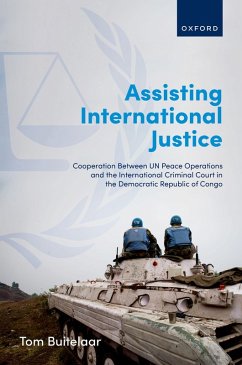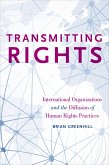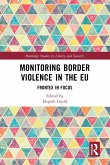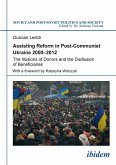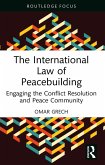Although the International Criminal Court (ICC) - as the only permanent international court that addresses crimes against humanity, genocide, and war crimes - has important potential to end impunity and find justice for victims of atrocities, it is dependent on others for almost all aspects of its functioning. The Court has frequently relied on the peacekeeping operations that the UN deploys in the field and, over the past two decades, UN peacekeepers have provided logistical assistance and security to Court investigators, shared large amounts of information, and have even been involved in the arrest of Court suspects. But their track record has been inconsistent: they have sometimes refused to take action against people accused of war crimes and have found it difficult to balance their impartiality with court prosecutions. Despite the empirical importance of this phenomenon, we know preciously little about the circumstances under which it occurs. In Assisting International Justice, Buitelaar reveals the conditions under which UN peacekeepers address impunity in their mission areas. He presents an original single-country case study of assistance provided by the UN mission in the Democratic Republic of the Congo and a plausibility probe of other peace operations in ICC situation countries. Relying on new empirical material, including over 130 interviews of key decision-makers, and comprehensive archival research, this scholarly volume explores how the UN navigates the terrain of conflict mediation and punitive accountability and demonstrates the collaborative but contingent relationship between the UN and the ICC.
Dieser Download kann aus rechtlichen Gründen nur mit Rechnungsadresse in A, B, BG, CY, CZ, D, DK, EW, E, FIN, F, GR, HR, H, IRL, I, LT, L, LR, M, NL, PL, P, R, S, SLO, SK ausgeliefert werden.

